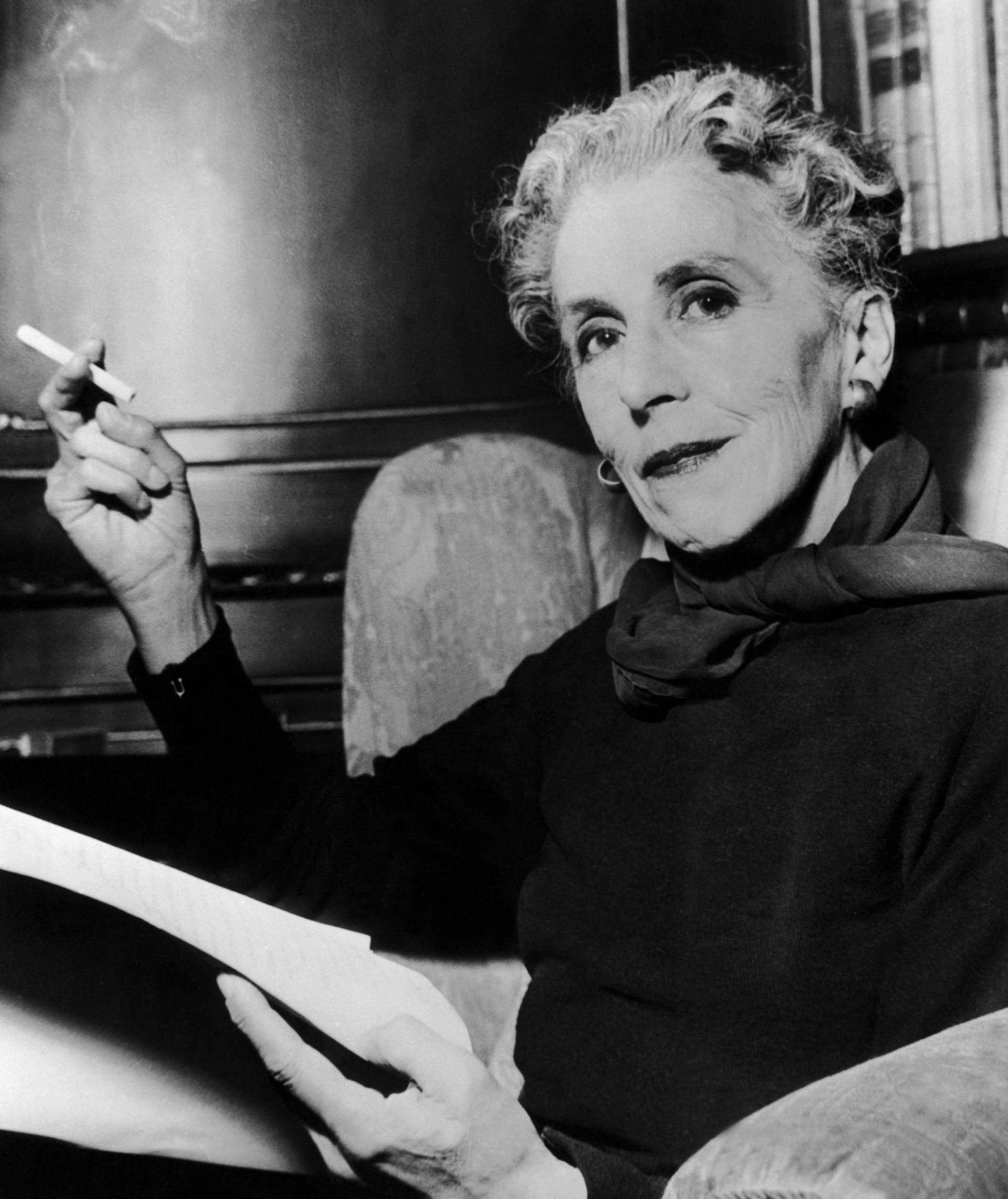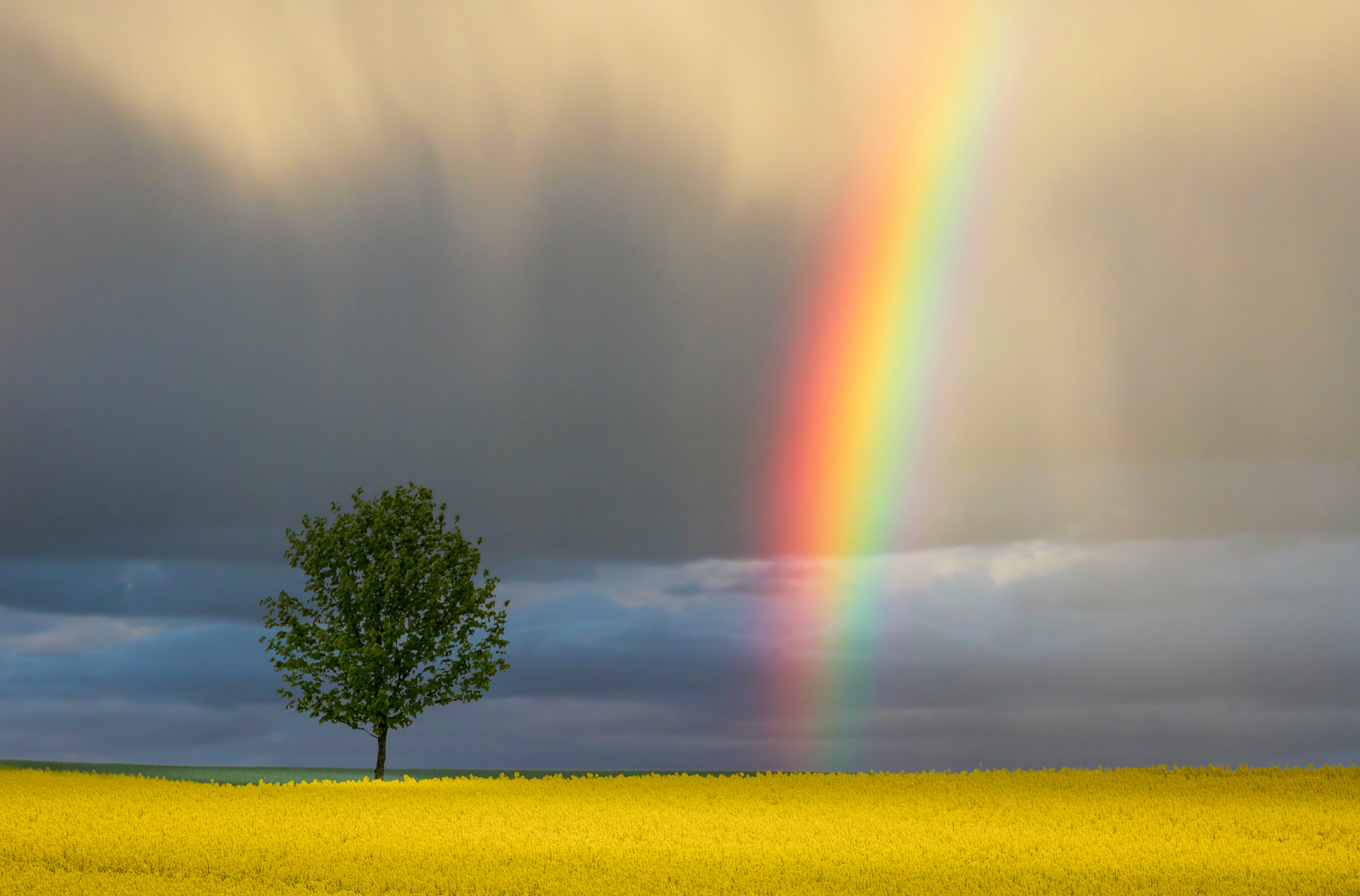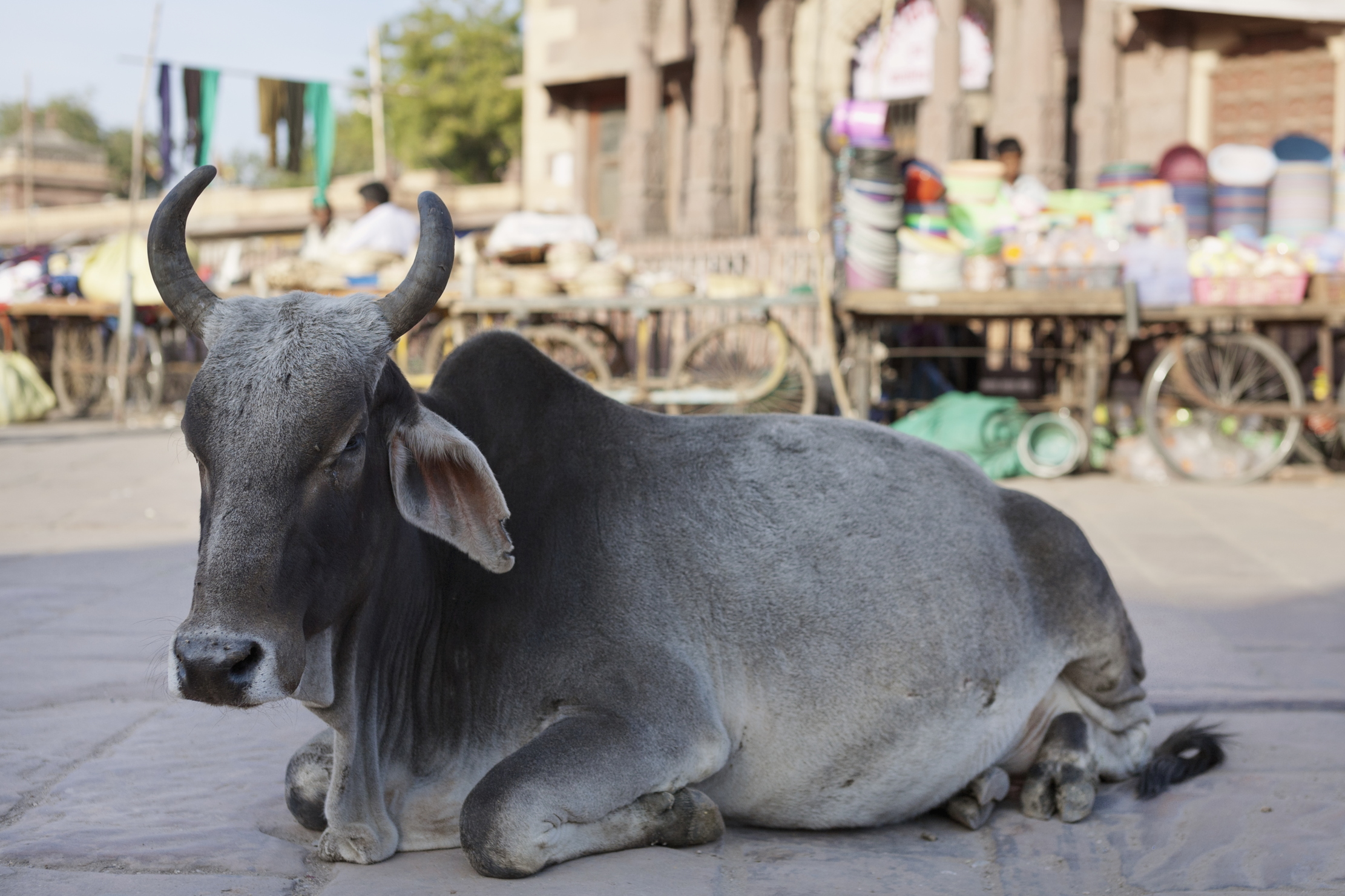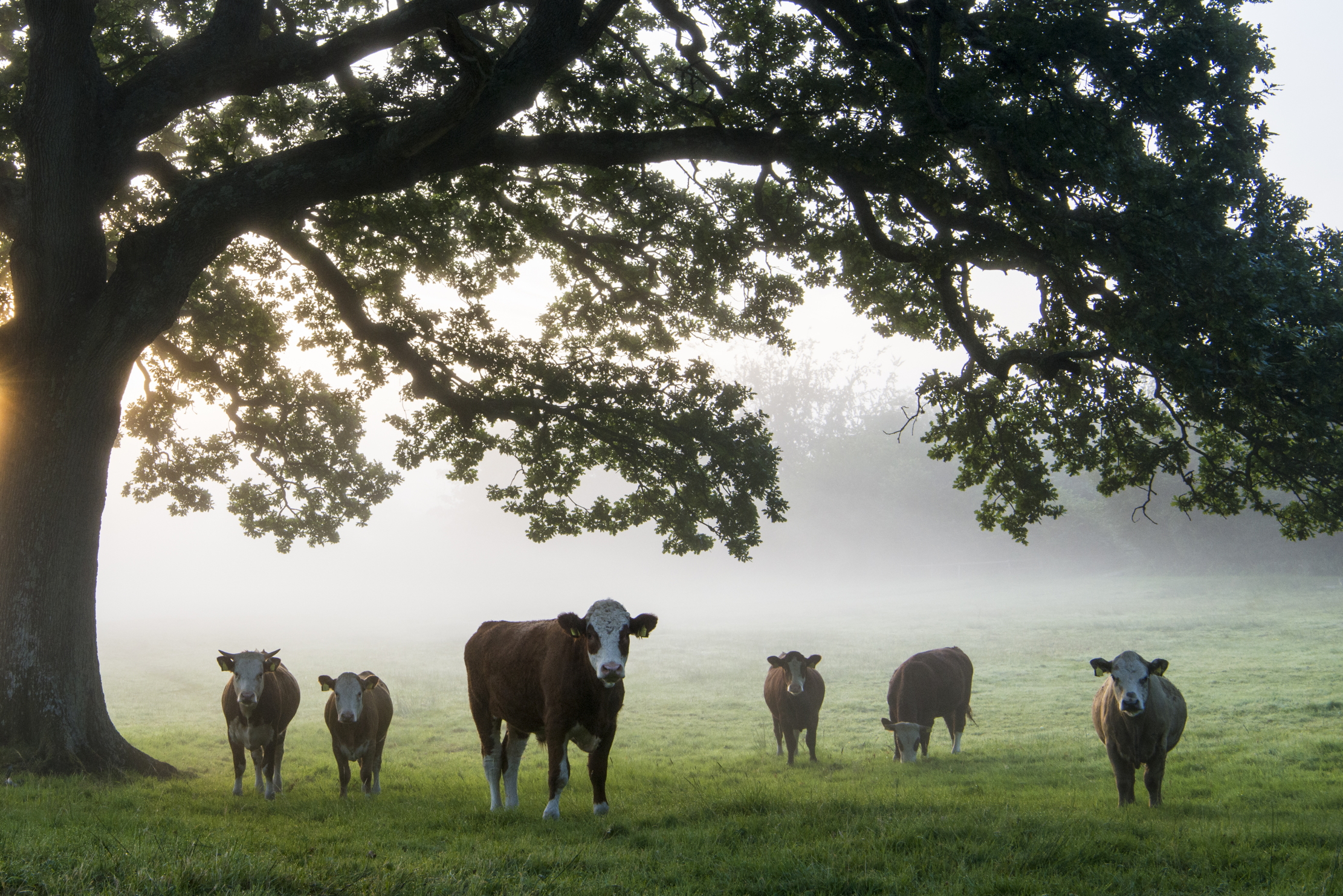Carla Carlisle: 'Sometimes, repetition brings revelation'
Did we learn the lessons about Donald Trump from eight years ago? Probably not, says Carla Carlisle.


Exquisite houses, the beauty of Nature, and how to get the most from your life, straight to your inbox.
You are now subscribed
Your newsletter sign-up was successful
Sometimes, repetition brings revelation. Think of the retrospectives of artists. At the vast Cézanne show at the Grand Palais in 1996, I lost count of the apples: Still Life with Apples, Basket with Apples, Apples and a Pear. The artist who saw the world in an apple painted 270 applescapes.
Two years ago at the Courtauld, I saw the haunting exhibition of 17 van Gogh self-portraits. Best known for his sunflowers — he completed 11 sunflower paintings — van Gogh painted 37 self-portraits. In the 1960s and 1970s, David Hockney’s great subject was swimming pools. Art historians say the pools represent the idyllic world of light and freedom, liberation from the greyness and inhibition of the Britain the artist left behind. These days, Mr Hockney paints trees: winter trees, summer trees, Yorkshire trees, Normandy trees. A late-in-life quest for a more reverential utopia in Nature?
Artists aren’t alone in finding a sort of peace in repetition. Songs we love, tunes we hum, books we read every few years, plants we replace with the same again, knowing that they won’t survive a hard frost, episodes of Foyle’s War that we’ve seen five times, the language of the Book of Common Prayer.
'As Karl Marx put it: "History repeats itself, first at tragedy, second as farce"'
Telling the same story over and over is considered a sign of ageing, but Southerners start this as soon as they begin to talk. Conversations would run dry if every remark had to be original. Members of my family can lip-sync stories I tell, stories almost always punctuated with a rueful snap from my grandmother: ‘Manners are more important than brains’ and ‘You can take a donkey travellin’, but it won’t come back a horse’. If their eyes turn upward when they hear the same stories over and over, I am not deterred. As did Cézanne, I see the world in a good story.
As much as I find pleasure in re-reading Middlemarch and try to discover what artists are searching for, there is another kind of repetition that triggers unease. It’s the belief that history repeats itself or, as Karl Marx put it: ‘History repeats itself, first as tragedy, second as farce.’ No one I know personally can truly believe that 2024 is going to be a repeat of the race four years ago between Joe Biden and Donald Trump for US President. No one wants Dolly Parton’s song What ain’t to be just might happen on repeat.
Every Saturday at the farmers’ market, someone asks me how it is possible that America, a big, rich and powerful country, can’t come up with younger and better candidates. I shuffle and say that, if I knew the answer, I’d have a podcast and be on Question Time instead of spending my days in the lambing shed. I also confess that I’m worn out from pondering that question. Then, on Palm Sunday morning, I listened to the philosopher John Gray on Radio 4’s A Point of View. In nine minutes, he explained why the country hasn’t come up with better candidates. He also predicted what comes next.
'However idyllic our little acre is, however high our beech hedges or solid our Lutyens gate, we can’t shut out the world'
Mr Gray doesn’t think Mr Trump might get elected: he sees the Trumpian train coming down the track and warns that there’s no stopping it. No one in the oldest democracy (Britain) or the relatively young one (America) is prepared for it. Mr Trump now owns the Republican Party and he’s running as the ‘peace candidate’ — no ‘ruinous’ foreign wars on his watch. It’s America First. That’s bad for Nato and for Ukraine.
Exquisite houses, the beauty of Nature, and how to get the most from your life, straight to your inbox.
Keeping out of foreign wars isn’t the main reason Mr Trump will be re-elected. Although Mr Gray blamed the ‘reckless hubris’ of the liberal West, he believes that the single issue that will get Mr Trump back in the White House is the uncontrollable inflow of migrants from the southern border, people fleeing war, climate change, violent gangs and poverty. It’s not only the states of Texas and Arizona that are over-run, but also ‘sanctuary’ cities, such as New York, Boston and Chicago. Once, it sounded like racism to object. Now, the black and Latino communities feeling the effects the migrants are having on public services are increasingly turning to Mr Trump. Good grief.
The election is in November — eight months away. As the philosopher points out, eight months is ‘an eternity in politics and anything can happen’. I can remember some anything-can-happen moments. In 1968, Robert F. Kennedy was a candidate for the presidency; the night he won the California primary he was assassinated. Now, his 70-year-old son, Robert F. Kennedy Jnr, is a candidate, running as an independent. A crusading anti-vaxxer and purveyor of conspiracy theories, he is polling at 10% of the vote. Back in 2000, when Ralph Nader ran as an independent, his 97,000 votes in Florida narrowed the gap between George Bush and Al Gore to only 537. The gap rewrote history. Mr Kennedy Jnr is way ahead of Mr Nader, a stark reminder that, in the ‘eternity’ of eight months, anything can happen.
In the years that I have been ploughing this small field in Country Life, there is one conviction that I have repeated with mono-tonal frequency. Here it comes again. However idyllic our little acre is, however high our beech hedges or solid our Lutyens gate, we can’t shut out the world. There are days we all want to pull up the drawbridge, bolt the Suffolk latch and listen to Yo-Yo Ma playing Bach’s suites for cello as we sip chilled Riesling at sunset. We can do all those things, but we can’t shut out the real world.
It’s hard to know where we are in Marx’s timeline of ‘History’ — tragedy or farce. Despite sombre predictions, there is still peace and joy to be had in the Easter lambing shed. Agnus Dei. Or, as veteran baseball player Yogi Berra put it: ‘It’s déjà vu all over again.’

'From the first page until the last, I was in another country, another world... It was like falling in love'
'There is beauty and there is poverty, order and corruption' — Carla Carlisle on Karen Blixen and Kenya.

Carla Carlisle: Trying to believe that people will step back from war, elect an honest man
Even as the problems of the world grow greater, Carla Carlisle commits to being an 'affirming flame' of hope.

Credit: Paul Panayiotou/Getty Images
A dairy farmer's view of Jaipur, the city where traffic stops for sacred cows
Jamie Blackett files his final Farming Life column from the pink city in India, and reflects on how different cultures

Credit: James Warwick/Getty Images
'Milk, butter, eggs and honey provide a healthy variety with which industrially processed, plant-based food can’t compete'
Country Life's columnist Agromenes believes the tide of public opinion is turning against vegetarian and vegan alternative foods.
